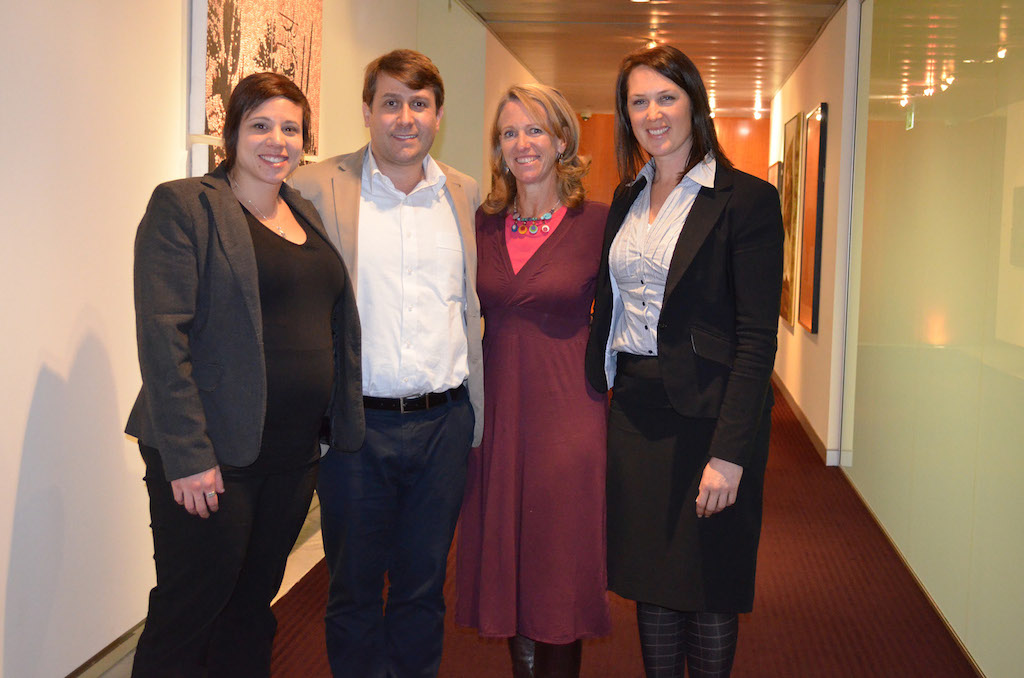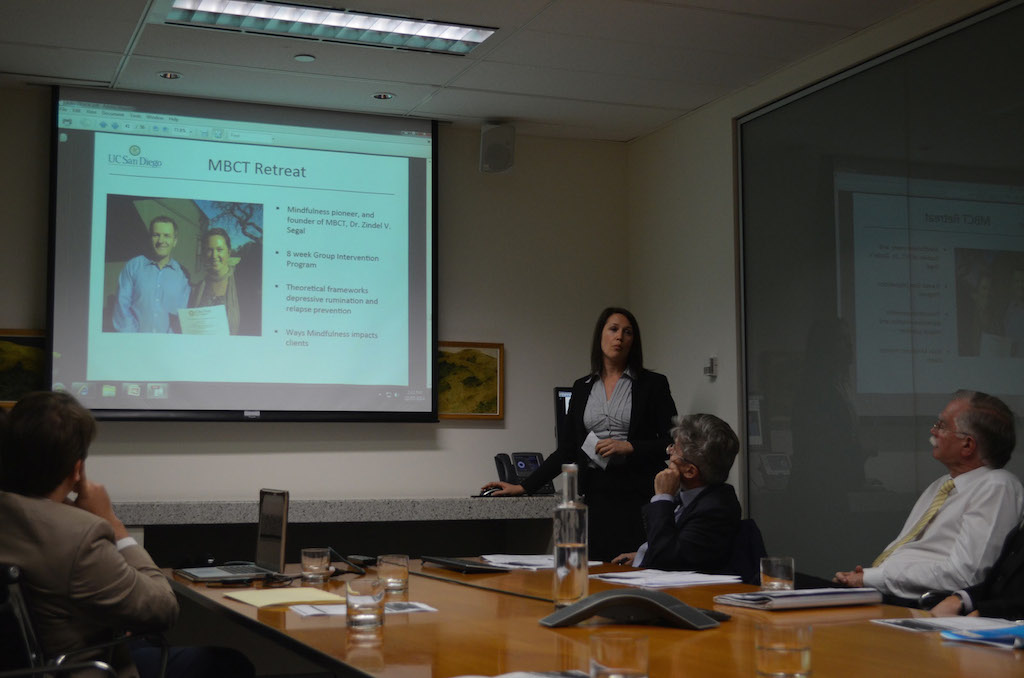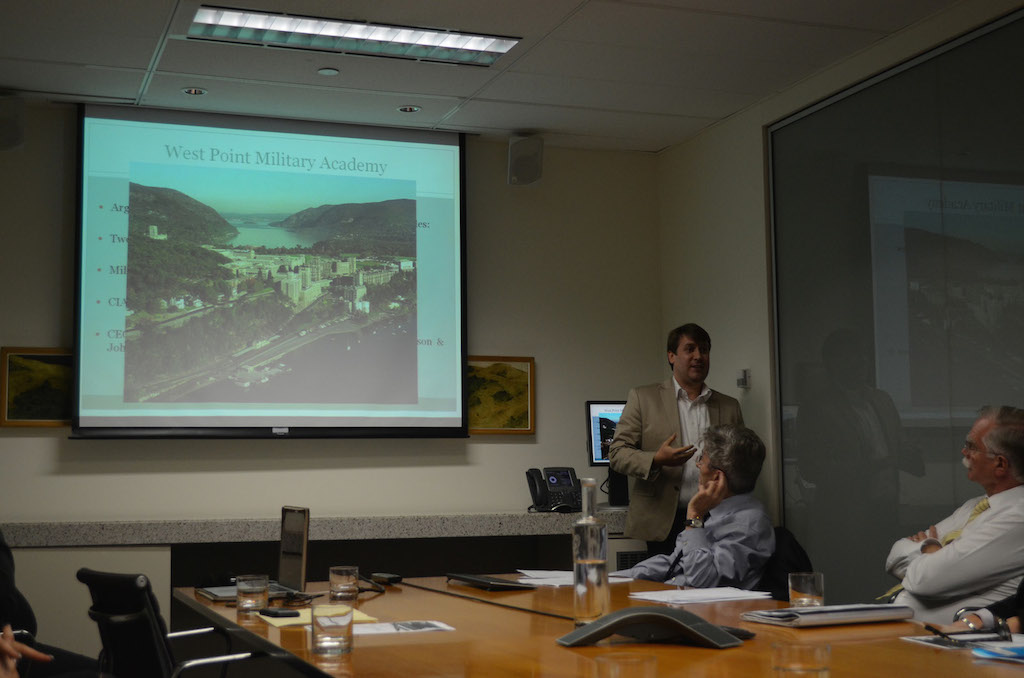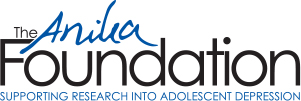More scholarships announced
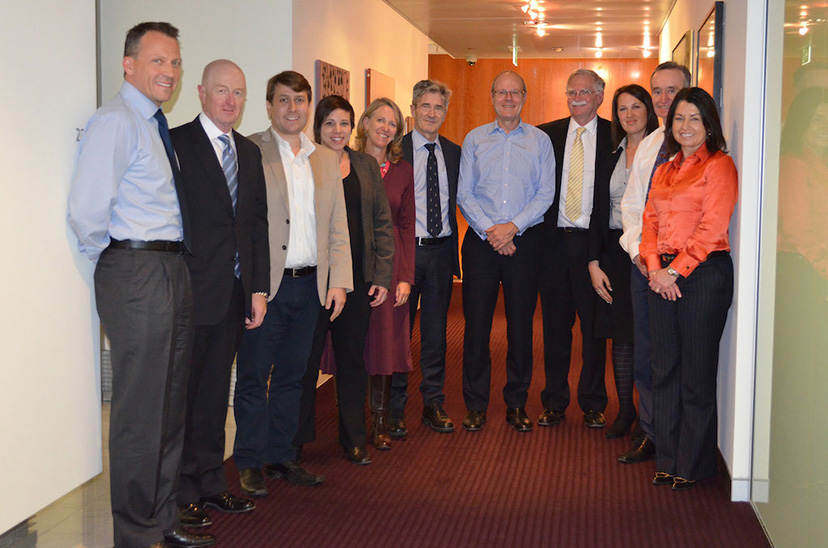
The biggest news for the current year concerns the new directions in which the foundation is now moving.
Economic and social factors are important influences on mental health, and it is clear that the suicide numbers in the Northern Territory and Western Australia are very elevated because of the large disadvantaged indigenous populations in those states. In Australia as a whole the suicide rate is 23.8 per 100,000 for indigenous Australians and 9.9 for non-indigenous Australians. In the Kimberley region of WA the numbers are estimated to be a staggering 83 (one for every 1200 persons) making it the worst in Australia by far.
The New WA Teachers Scholarship
The Anika Foundation has now expanded into Western Australia, focusing on teacher’s scholarship in that state. In light of the scale of the youth depression and suicide issues there, some preference will be given to those working in regional areas with a focus on indigenous students. Brian Pontifex, who heads the WA Premier’s Office, has helped the foundation to set up the new scholarship with the WA Education Department. There is some preference for teachers working in country areas, or remote education, and involving where possible indigenous students. In this respect Fiona Currans (a remote education teacher in the north of W.A.) is our inaugural scholar.
The New PhD Scholarship with the Black Dog Institute
The board has also decided to introduce a second PhD scholarship in the Black Dog Institute. This is a joint project with Professor Hickie of Sydney University and Helen Christensen in the area of regional influences on depression and suicide. The Anika Foundation scholar will focus on the youth aspects of this project (which is described below).
Professor Ian Hickie is also the Executive Director of the Brain and Mind Institute, and Helen Christensen is executive director of UNSW’s Black Dog Institute. The project will aim to use available data sets to examine suicide rates in Australia at national and local levels over the last 10 years or so. It will look at mapping and measuring the impact of risk factors such as: health services density (emergency departments, hospital beds, general practice, Medicare data, pharmaceutical data); funding of suicide prevention; financial and political instability; unemployment; the use of anti-depressant medication; health reforms such as ‘Better Outcomes in Mental Health Care’, the introduction of ‘Mindframe’, ‘Headspace’ and other centres; drug and alcohol spending; changes in cost and packaging of cigarettes; and homelessness. It will also aim to look at scenarios that might be achievable as a result of modifying these risk factors in Australia. The Anika Foundation scholar would have a remit to focus on the youth aspects of the study.
This very exciting project meshes well with the foundation’s greater emphasis on indigenous and regional issues. The foundation is also looking for a new PhD scholar for the Anika Foundation and Macquarie Group PhD in Adolescent Depression.
Adrian Blundell-Wignall
Chairman, the Anika Foundation
